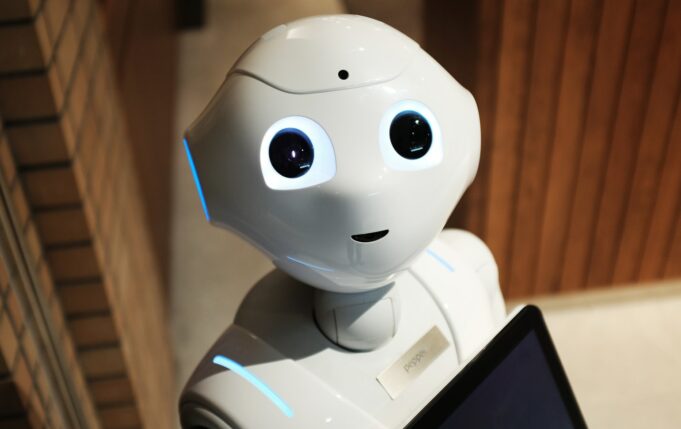Research by cloud manufacturing startup Fractory has revealed the most asked questions about the future of tech – and the findings suggest we’re all pretty freaked out, with questions such as ‘will robots take my job’ and ‘does the Internet of things discriminate?’ being among the most popular.
Most of the searches were related to the capabilities of things like manufacturing technology, automation and artificial intelligence, with job security, personal safety and even the welfare of robots among their top concerns.
Top searches relating to AI, robots, automation and engineering all related to job security. Safety was another big concern. ‘Can lasers cut through flesh?’ was one of the most commonly asked questions about laser cutting. The ethics of technology also appears to have attracted widespread attention, with queries related sentience and emotion in artificial intelligence engines and robots among the most commonly asked questions, as well as questions about whether technology itself can discriminate against humans.
Researchers working for Fractory analysed thousands of Google searches and search trends to identify the big questions consumers have about the near future of tech.
Most asked questions about the future of tech
3D printing
Can you 3D print food?
Does 3D printing smell?
Is 3D printing expensive?
Internet of Things
Does the Internet of things discriminate?
Will the Internet of things work?
Artificial intelligence
Can AI predict the future?
Will AI take over?
Is AI a Scrabble word?
Automation
Is automation going to take my job?
Can automation create more jobs?
Will automation replace accountants?
Robots
Can robots love?
Will robots take my job?
Are robots taking over the world?
Engineering and manufacturing
Will manufacturing come back to the UK?
Can lasers cut through human flesh?
Can engineering be automated?
What is cloud manufacturing?
Mechanical engineer and head of marketing at Fractory, Andreas Velling, believes the research points to a shrinking of the knowledge gap between industry and consumers, saying some of the most outlandish questions, such as ‘can you 3D print food?’ will turn out to be entirely reasonable in the near future. Citin
“One of the reasons I believe people are Googling subjects like “cloud manufacturing”, or “online manufacturing” is that these things have come closer to the people. Manufacturing itself used to be something that belonged to the industry. Now it belongs to everyone, we can all have access to capabilities that make all kinds of projects possible.
“The advancements in the manufacturing field are soon going to be positive, for example printing your own prosthetics, or negative, like losing your job at age 55 without time for proper re-training. And people realise it while not knowing exactly what’s going to happen. Hence the large amount of searched on topics that were unheard of just a while ago.”
“It’s understandable that people are curious about the near future of manufacturing tech. The rate at which tech evolves and brings new possibilities is astonishing, especially in the manufacturing space. In 2018, we used our software platform to fabricate a car prototype from sheet metal. This is just one of the many things that would have seemed like science-fiction just a short while ago. Consumers are now very curious about where manufacturing tech can go, whereas a few years back it was very much a conversation between industry and academia.
“So some of the questions that seem outlandish will actually seem very reasonable in the near future. For example, the capabilities of cloud manufacturing are growing all the time, and although many of those advancements are incremental and not really headline news, each one opens an entirely new range of possibilities that can be layered on top of the last – this is the theory of converging exponentials, where multiple innovations combine to completely disrupt entire sectors. This is where the really exciting innovations will occur.”














